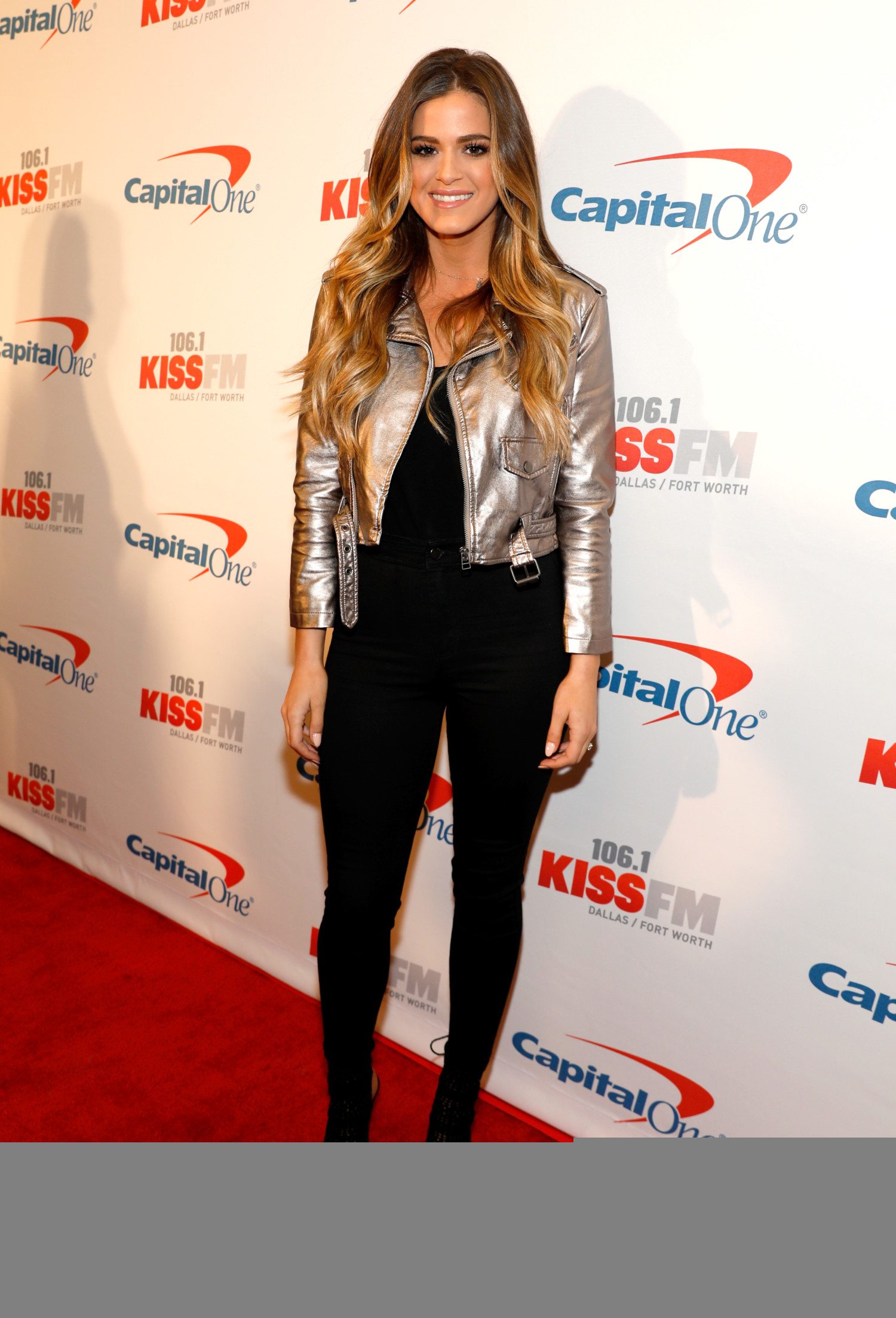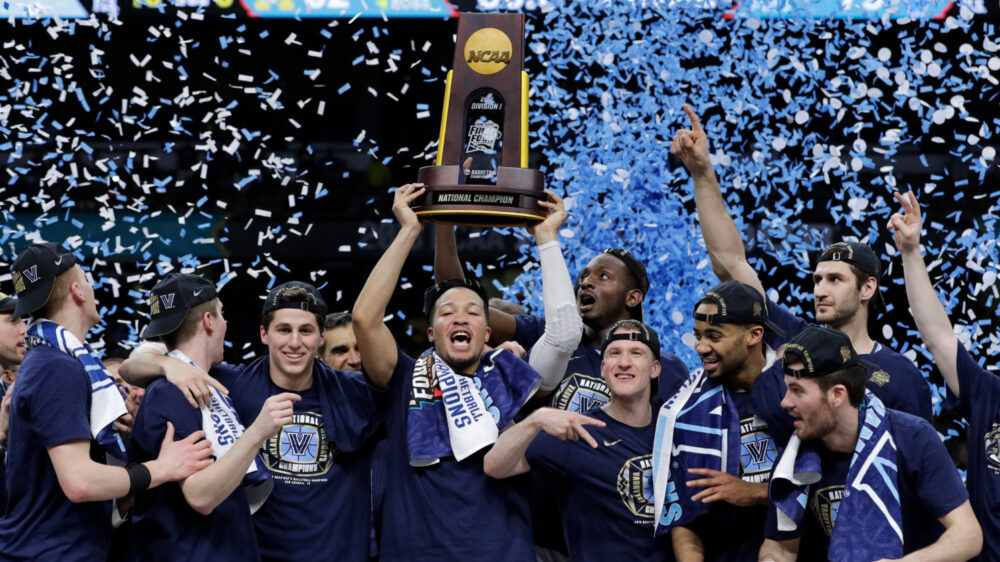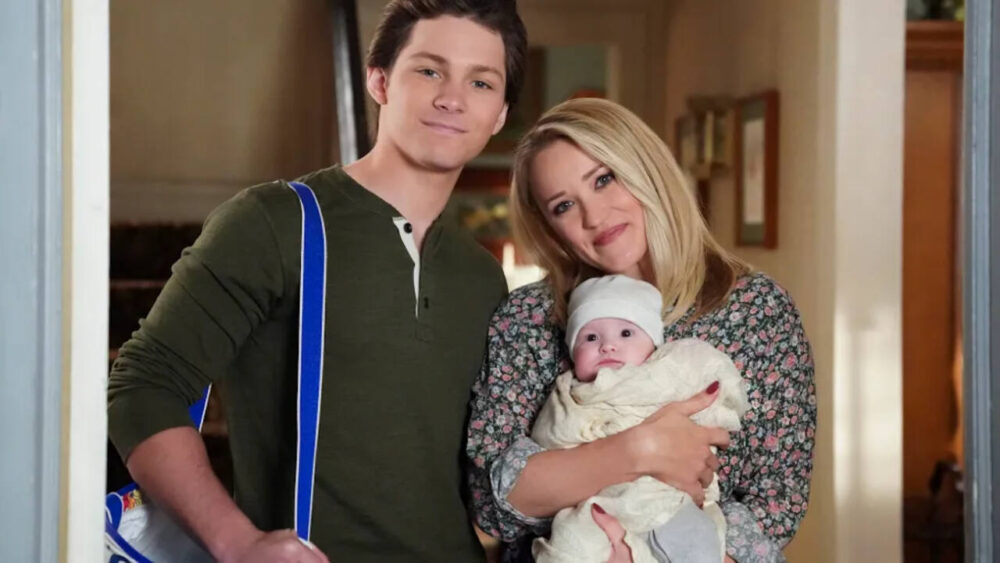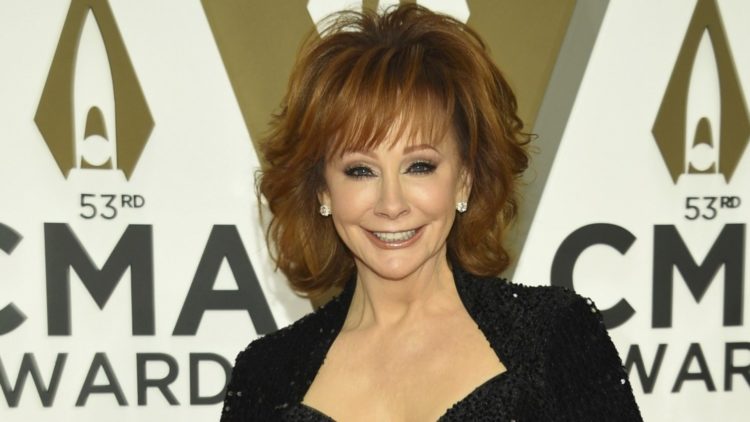‘The Bachelorette’ Finally Cast The First Black Bachelorette, But Why Did It Take Them So Long?
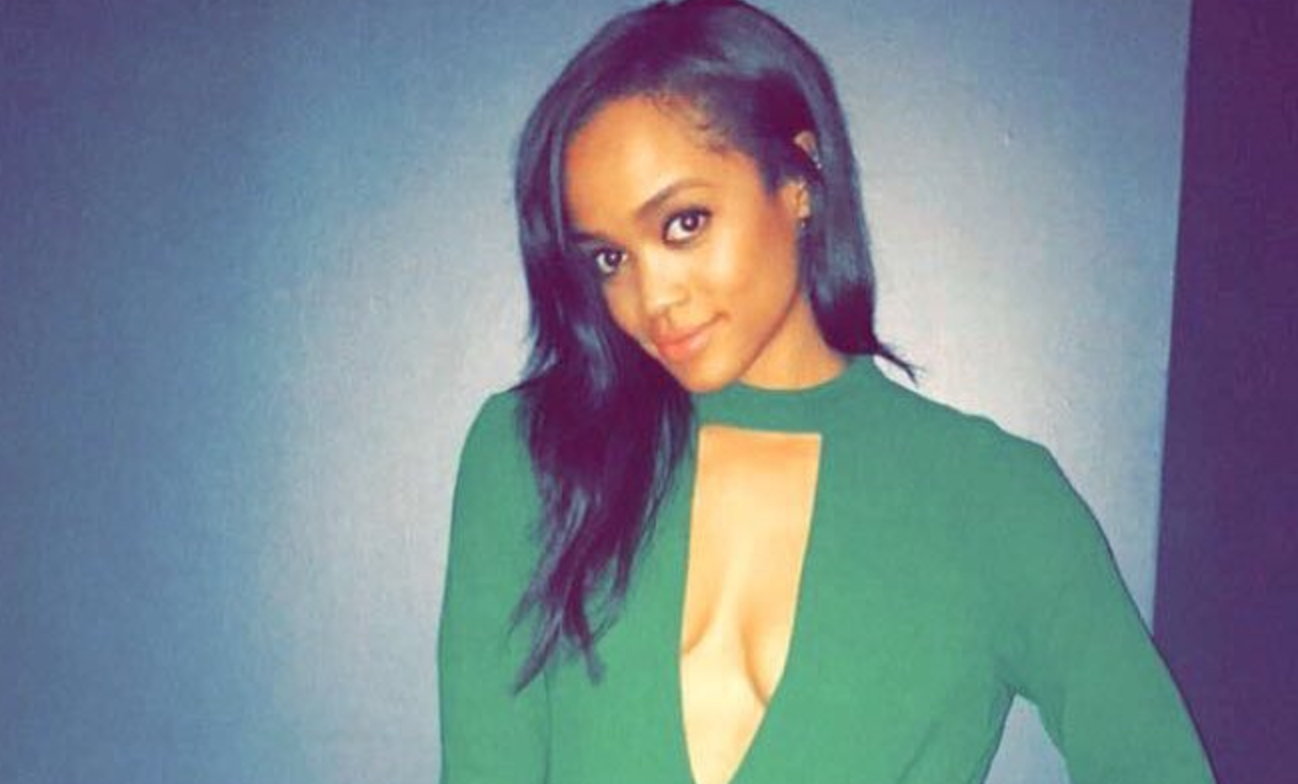
Big news from the world of “The Bachelor” and “The Bachelorette.” For the first time ever—in 12 seasons of “The Bachelorette”—there will FINALLY be a black bachelorette: Rachel Lindsay.
You can see the big reveal, and the new Bachelorette’s first media appearance on “Jimmy Kimmel Live!” below:
[arve url=”https://www.youtube.com/watch?v=LTBYcPwRk1o”/]
The producers cast fan-favorite Lindsay (who is currently on this season of “The Bachelor”) as the first Bachelorette of color. Yep. It took them 14 years, but they finally brought some diversity to the leading role of the reality TV show.
https://www.instagram.com/p/BQfrFcBAYSA/?taken-by=therachlindsay
If you sense a bit of irritation in my tone, you are right. I was one of the millions of people who adored Jubilee Sharpe (of Season 20 of “The Bachelor”), and I was rooting for her to be named the next Bachelorette.
Instead, producers chose Jojo Fletcher.
Sure, Fletcher is pretty, outgoing and well-spoken, but Sharpe was unlike any other Bachelorette. A member of the United States Armed Forces, Sharpe was deployed in in Afghanistan for a year, serving in Helmand Province. She also had a heartbreaking history and is an orphan. On top of all that, she was hilarious, honest, intelligent, and unafraid to show emotion and be real about her pain and her flaws.
"I'll cheers to that…whatever it is." pic.twitter.com/LqdMzGG8sb
— Jubilee Sharpe (@JubileeSharpe1) October 15, 2016
But… nope. She was overlooked by the producers and Fletcher was chosen in her stead. That’s not the only issue at play here. Contestants of color also tend to be passed over. As reported by Fusion, no black contestant has ever made it past the fifth week of “The Bachelor” or “The Bachelorette” (the show generally lasts 10 weeks). That’s a pretty big deal.
Furthermore, as Molly Fitzpatrick reports for Fusion, as of 2016, “More than half—59%—of black Bachelor and Bachelorette contestants leave the shows within two weeks.”
There’s no denying that representation of people of color in entertainment is lacking. It’s being called an “epidemic of invisibility.” According to NPR, researchers at the University of Southern California found:
Just one-third of speaking characters were female (33.5 percent), despite the fact that women represent just over half the population in America. Just 28.3 percent of characters with dialogue were from non-white racial/ethnic groups, though such groups are nearly 40 percent of the U.S. population.
Hence, the decision to cast Lindsay as the first black Bachelorette is indeed historic, and worthy of note and discussion. But, we also shouldn’t be afraid to discuss the fact that it took producers 12 years to make this decision, and that they endured plenty of flack from viewers before finally making this wise casting call. (Indeed, they were even sued for discriminating against people of color) in 2012.
Positive representation matters. Visibility matters. And, as this recent casting decision proves, viewers vote with their remotes. If we want to see diverse casts and diverse creators, we have to stand up and demand that Hollywood shows the true melting pot of America rather than just white people.
https://www.instagram.com/p/BQeu7t5gvei/?taken-by=thebacheloretteabc
h/t: People


